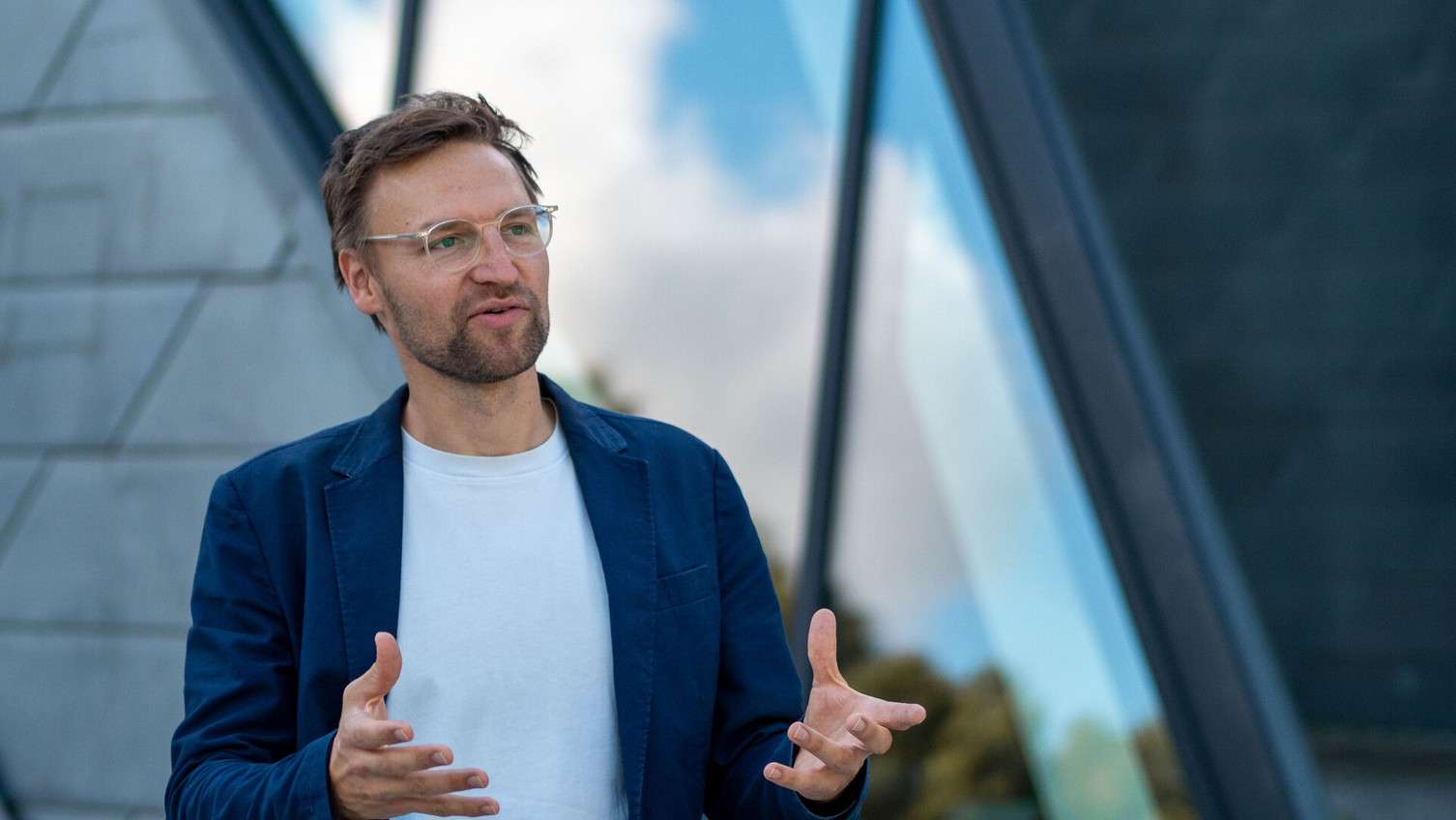Prof Dr Harald Hantke receives OeNB Award for Business Didactics
2023-12-13 The Austrian Geographical Society has presented the prestigious OeNB Award for Business Didactics to Prof Dr Harald Hantke for his dissertation entitled "Resonance Spaces of the Subpolitical". In it, Harald Hantke deals with teaching-learning arrangements for critical-transformative vocational training in the context of sustainable development.
Vocational schools could be places of reflection and change. However, it is not uncommon for work and business processes to be uncritically imitated there, leaving operational routines unquestioned. Vocational schools have the potential to provide students with a space for social transformation - precisely because they constantly accompany practical experiences. This is where Hantke's dissertation comes in.
Hantke shows that, with regard to their work and business processes, business students in particular find themselves in a tense relationship between a present-orientation and a future-orientation. Hantke understands this tension in the students' relationship to themselves and the world in terms of business didactics and uses it to realise sustainability in business learning processes in an educationally effective way.
The outstanding importance of this approach for the further development of business didactics and for the promotion of sustainable development of the economy and society has now been emphasised with the presentation of the OeNB Award to the current professor at the ISWB. In its statement, the jury pointed out how Hantke's work opens up a completely new perspective in business education: "With his dissertation, Mr Harald Hantke succeeds in an outstanding way in overcoming the approaches of business education, which are often narrowed by predominant references to neoclassical approaches, by promoting a subject-centred capacity for reflection and judgement for economically shaped life situations and thus making a convincing contribution to the integration of sustainability discourses into curriculum-theoretical and didactic contexts of reflection and design in terms of educational policy. "
"Above all," says the academic, who also began his professional career with a commercial apprenticeship, "I want people in vocational education and training to be able to fully realise their potential to help shape the economy and society. Of course, this also includes a critical attitude towards social impositions of any kind. In order to make this possible at vocational schools, appropriate opportunities are needed in teaching and learning. I provide economic didactic tips for the creation of such spaces."

